Weekly recaps

Recap / Best of Last Week: Water as stable supercooled liquid, carbon dioxide to ethylene, COVID-19 seasonality
It was a good week for physics as a team of researchers from India and Japan found that the magnetic field in high-intensity lasers originates at the macroscopic scale as defined by electron beam boundaries, rather than from ...
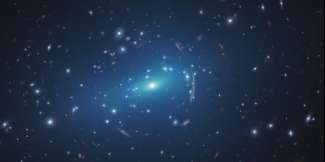
Recap / Best of Last Week: Ingredient missing from dark matter, a gravity-based energy system and a drug to slow muscle aging
It was a good week for physics as an international team of researchers studying new Hubble data suggested that there is an ingredient missing from current dark matter theories—one that would explain discrepancies between ...
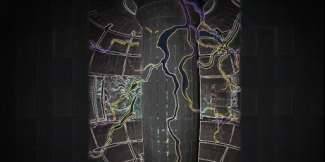
Recap / Best of Last Week – New kind of electric current, AI Jesus and the hazards of unventilated busses
It was a good week for physics research as a team working at Purdue University found evidence suggesting that the quantum world is even stranger than we thought—they found electrons behaving collectively to form anyons. ...
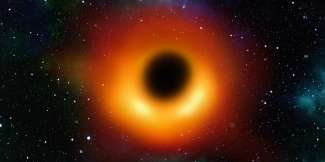
Recap / Best of Last Week: A flying car, diamond batteries, and vitamin C impact on muscle mass in older people
It was a good week for space science as a pair of researchers, Jakub Scholtz with Durham University and James Unwin with the University of Illinois at Chicago, wondered: Could Planet 9 be a primordial black hole? They suggest ...
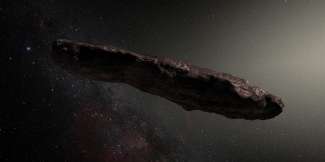
Recap / Best of Last Week: More rogue planets than stars, an A/C replacement, and kids spreading COVID-19
It was a big week for space research as a pair of scientists, Thiem Hoang and Abraham Loeb with the Korea Astronomy and Space Science Institute and Harvard University, respectively, found evidence suggesting that the interstellar ...

Recap / Best of Last Week–Making quantum states last longer, new vulnerability for SARS-CoV-2, bad news on Arctic ice
It was a good week for physics research, as a team with members from Russia and the U.S. developed a way to reverse the temporal evolution of an arbitrary unknown quantum state—outlining the mathematical process of time ...
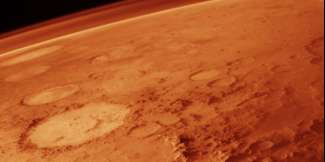
Recap / Best of Last Week: An ice-covered early Mars, a robot writing plays, and using home cookers to sanitize face masks
It was a good week for space science as a team at the University of British Columbia found evidence suggesting that early Mars was covered in ice sheets, not flowing rivers—valley networks on the red planet's surface showed ...
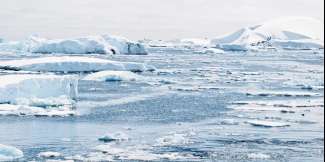
Recap / Best of Last Week: Ice caps disappear, COVID-19 in the middle ear, and antioxidants increasing risk of cancer
It was a good week for Earth science as a team of researchers with the National Snow and Ice Data Center found that Canadian ice caps disappeared, confirming a 2017 scientific prediction—the St. Patrick Bay ice caps on ...

Recap / Best of Last Week: Active volcanoes on Venus, heart impacts of COVID-19, and blood sugar and aerobic exercise
It was a good week for space research, as a team studying data from the European Southern Observatory's Very Large Telescope reported the first image taken of a multi-planet system around a sun-like star, TYC 8998-760-1. ...
Recap / Which mask works best? We filmed people coughing and sneezing to find out
If you're not sure whether wearing a face mask is worth it, or you need to wear a mask but are unsure which type, our new research should help you decide.
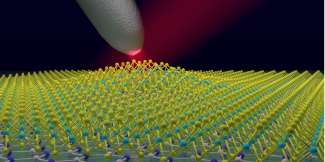
Recap / Best of Last Week – Breakthrough in preserving sound waves, earliest North American occupiers, faster COVID-19 test
It was a good week for physics research, as a team at Peter the Great St. Petersburg Polytechnic University discovered a new physical paradox—the amplitude of mechanical vibrations can grow without an external influence ...
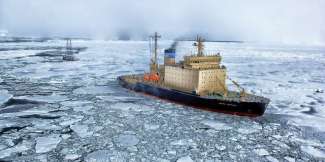
Recap / Best of Last Week – Regime shift in Arctic Ocean, COVID-19's impact outside of lungs, SARS-CoV-2 spreads 10 meters
It was a good week for Earth science as a team at Stanford University discovered a 'regime shift' happening in the Arctic Ocean—blooms of phytoplankton have drastically altered the Arctic's ability to transform atmospheric ...